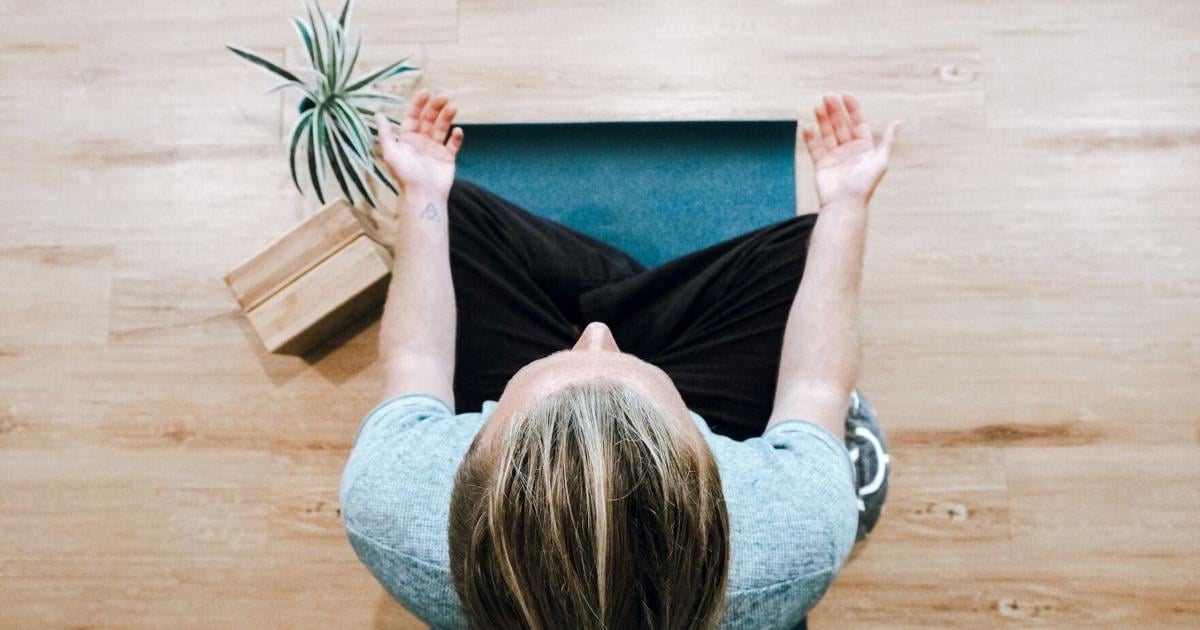Brain, body connected in more ways than you think | Health

The connection between mental and physical well-being is intimate, and maintaining a sound mind and body requires attention to both, according to some doctors and medical experts.
“Sometimes we consider our brain as a separate thing from our bodies, but they are connected (and) there is an ever-present synergy between the two,” Dr. Francoise Adan of University Hospitals in Cleveland said.
Adan is the chief whole health and well-being officer for University Hospitals and director of UH Connor Whole Health.
If a person is experiencing significant stressors in their life at a moment in time, it can certainly begin to have negative effects on one’s mental health, according to Adan.
“But there is a positive side to that, too,” since there are countermeasures to undertake that can maintain a person’s physical well-being, she said. “Bad things can happen to good people in life, and often those can’t be controlled, but you can control your reaction when bad things happen.”
Adan suggested individuals “find tools in your toolbox to deal with what has happened,” adding that people can find adaptive ways to react by developing a series of healthy regiments such as exercise or a hobby that reduces stress.
A balanced diet and getting enough sleep are also critical to maintaining both mental and physical well-being, she pointed out.
“We treat patients at University Hospitals that have a variety of acute and chronic health conditions, but having good mental health will result in a person having a reasonably good sense of overall well-being (during treatment),” Adan said.
David Lettenberger-Klein, CEO of Stella Maris in Cleveland, concurs with the relationship between mental and emotional, and physical wellness.
Stella Maris is the oldest addiction treatment provider in Ohio, treating patients regardless of financial ability since 1948, and established one of the earliest sober houses in the United States.
There is “significant interplay” between mental and physical well-being, Lettenberger-Klein said.
Unfortunately, mental stressors can sometimes overwhelm a person, and in addition to the more common effects such as lack of sleep or increased blood pressure, it cause a person to begin using alcohol, prescription drugs, or even illicit drugs, to combat the stressors, he said.
There are typically indicators that a person’s family or friends, and even the person experiencing the conditions, can observe or self-identify, according to Lettenberger-Klein.
“If someone stops showing up at places and events, or isn’t responding to calls and texts, that’s a red flag,” he said.
Even though social distancing requirements have since been reduced or lifted since the onset of the COVID-19 pandemic in 2020, it established “a culture of loneliness” that for some people has not completely ebbed, Lettenberger-Klein said.
“We are still living in a disconnected world, in many ways, where they are fewer in-person interactions,” and that has exacerbated the nation’s mental health crises and in turn, caused some co-morbidities in people’s physical health, he said.
The response is to make efforts to create in-person connections, in general, but especially if a person is thought to be at risk, Lettenberger-Klein said.
“Call instead of text, and even better, lay eyes on a person, go see them,” he said.
While it might still become necessary to seek professional help, or treat an addiction, taking steps to maintain good mental health is a critical and first step to take in preventing the need for professional intervention, Lettenberger-Klein pointed out.
“Seek progressive ways to make that connection,” he said.
Kevin Corvo is a freelance journalist.
link





